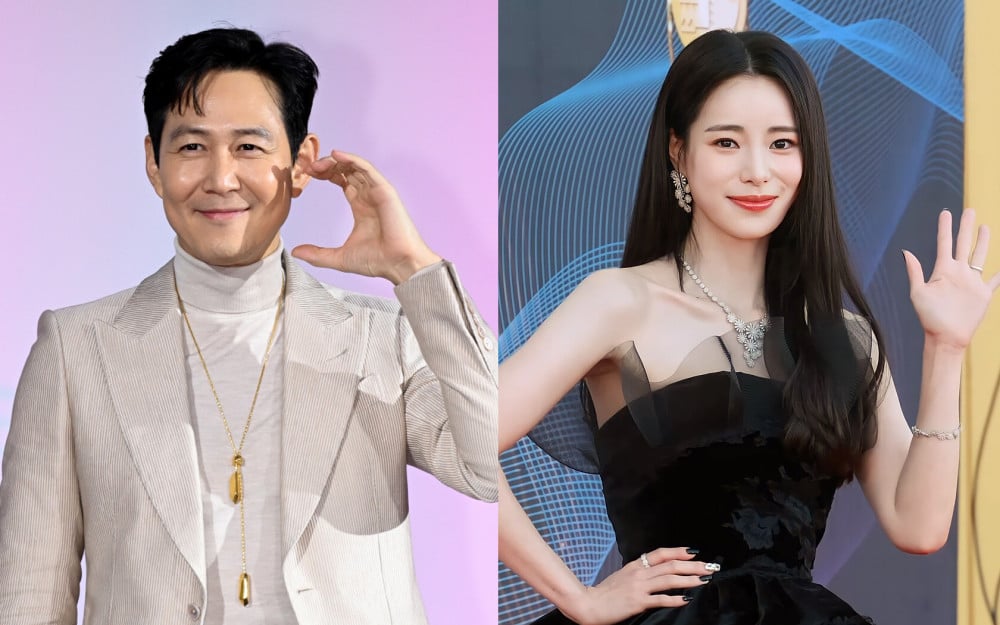Age Gap Romance in K-Dramas Draws Attention with Mean Love
Age gap romance has always been a recurring theme in K-dramas, but it continues to trigger debates among fans whenever a new project is announced. The latest drama under scrutiny is Lee Jung-Jae’s upcoming series Mean Love, which has already attracted criticism online due to its casting choices. While such pairings have long existed in Korean entertainment, the recent backlash highlights how audiences are becoming more vocal about representation, realism, and industry trends.
Casting Choices in Mean Love and the Age Gap Romance Debate
At the end of 2024, Mean Love was introduced to audiences as a romantic drama led by Squid Game star Lee Jung-Jae. He takes on the role of Im Hyun-Joon, a man whose first love unexpectedly reenters his life. The announcement that actress Oh Yeon-Seo would play the role of Kwon Se-Na, his first love, sparked heated discussions online. At 37, she is 15 years younger than Lee Jung-Jae, who is 52.
This detail may seem minor within the fictional narrative, but in real life it created strong reactions. Fans argued that the repeated casting of much younger actresses alongside older male leads perpetuates an unbalanced trend. The criticism intensified when many compared it to other dramas that have paired actors across wide generational gaps, including Goblin, which starred Gong Yoo and Kim Go-Eun despite their 12-year age difference.
Audience Reactions to Age Gap Romance in Mean Love
Online forums and social media were filled with reactions to the casting news. Some fans questioned why production teams continue to select younger actresses as love interests for established male stars. One netizen expressed disappointment, saying dramas are “getting weirder and weirder” because of such casting choices. Another pointed out that Lee Jung-Jae was confirmed first, so the decision to repeatedly pair him with younger actresses seemed unnecessary.

Confusion also arose when some mistook Oh Yeon-Seo for veteran actress Oh Yeon-Soo, who is closer to Lee Jung-Jae’s age. For a moment, fans thought the casting choice would reflect more age-appropriate romance, only to realize it was another younger actress playing opposite him. This misunderstanding further fueled conversations about realism and audience expectations in K-dramas.
Broader Context of Age Gap Romance in Korean Entertainment
While criticism of Mean Love has been sharp, it is not the first drama to face this discussion. Age gap romance has been embedded in K-dramas for years, often justified by storylines involving destiny, reincarnation, or time jumps. Popular hits have normalized the concept, which is why producers may still believe audiences will accept it.
However, the current wave of debate reflects shifting audience preferences. Many modern viewers want dramas to move away from clichés and adopt portrayals that feel more balanced and authentic. The ongoing conversation also ties into larger scandals within the industry, as some cases of real-life relationships with age gaps have raised ethical concerns. This makes the fictional portrayal even more sensitive in today’s climate.
View this post on Instagram
Future of Age Gap Romance in K-Dramas
The strong reactions to Mean Love suggest that future productions may face greater scrutiny when casting leads with significant age differences. While star power and acting skills remain important, fans are beginning to demand more age-appropriate and realistic portrayals of romance. This does not mean age gap romance will disappear entirely from K-dramas, but the industry may need to approach it more thoughtfully to avoid backlash. Also Read : New Kdrama 2025: Exciting Release Promises Heartfelt Storytelling and Star Power
Conclusion
Age gap romance continues to divide audiences, and Mean Love has placed the issue back in the spotlight. With Lee Jung-Jae and Oh Yeon-Seo leading the drama, attention is on how viewers will respond once it airs. The debate shows that fans are no longer passive about casting choices, and their voices are shaping the future direction of K-dramas.

